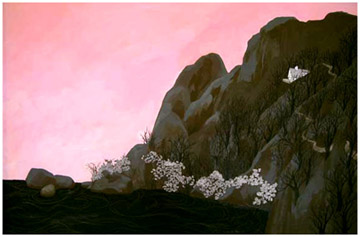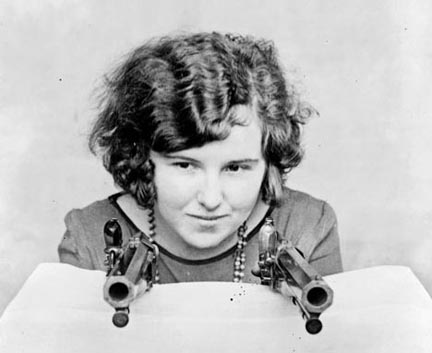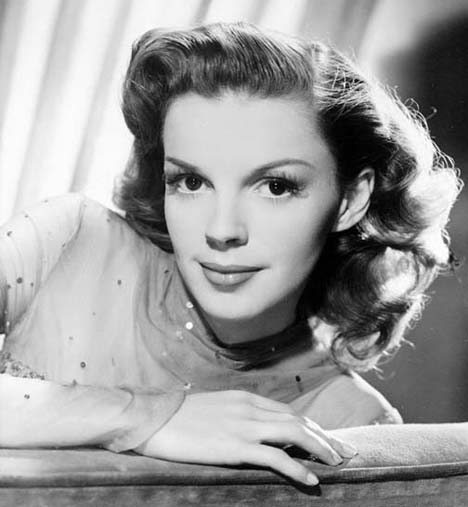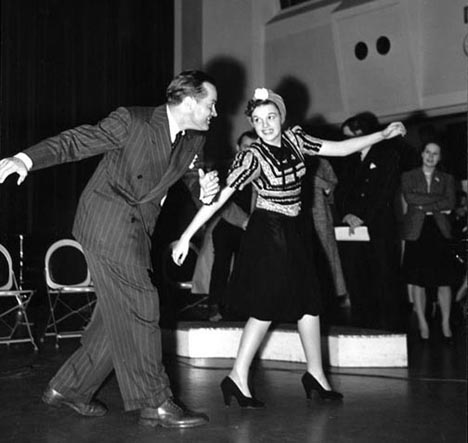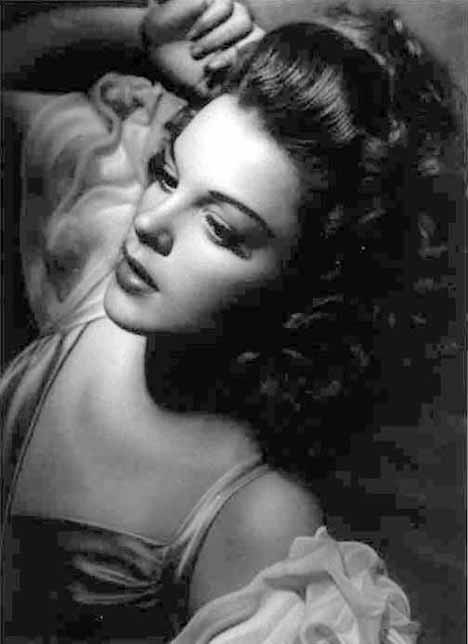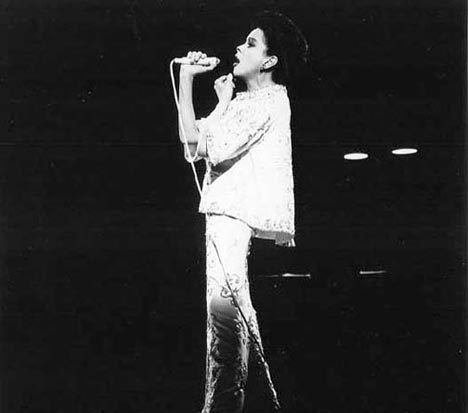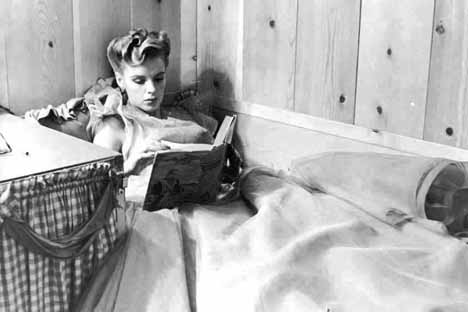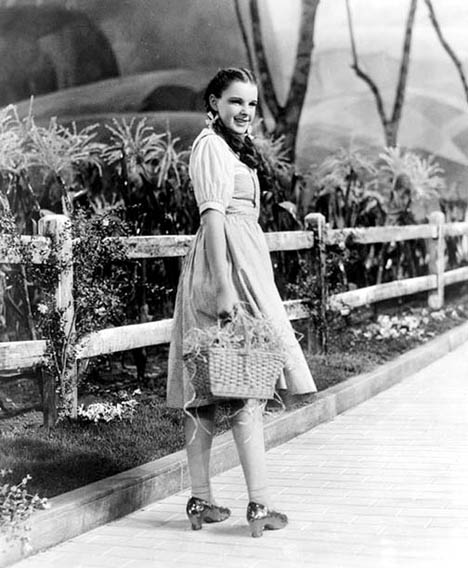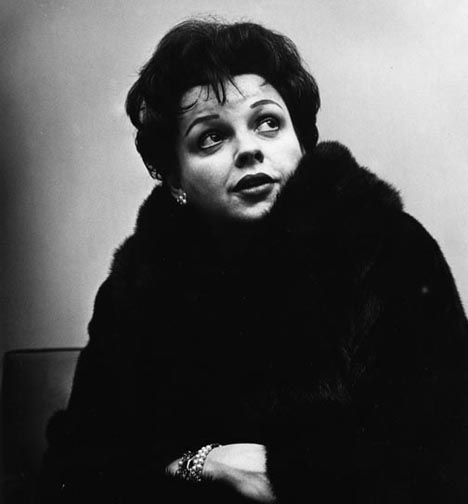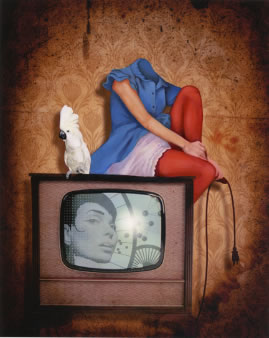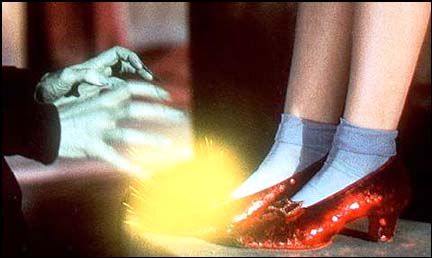A friend just emailed me a conversation that took place in her office. This conversation was between 4 women who are in their early to late 20s, 2 women from the northern United States, 2 from the southern United States, and from widely varying socioeconomic backgrounds...
Woman 1: I wouldn't vote for a woman.
Woman 2: Me either. They are too emotional and fly off the handle.
Woman 1: No, that's not why for me. It's because other countries wouldn't respect us and we would lose power if we put a woman in office.
Woman 3: I would vote for ANY woman but Hillary Clinton. She drives me up a wall.
Woman 1: I think we just need a more peaceful time to have our first woman president. There's too much going on right now.
Woman 3: Yeah, if things went badly they would blame it all on the fact that the president was a woman.
Woman 1: Yeah, just need a more peaceful time to do that.
Woman 4 (my friend) thinks "Margaret Thatcher, Current president of Chile..."
I shouldn't be surprised, really. But I was.
How sad is it that, in this nation that imagines itself such an enlightened world power, our young women cannot imagine a female president? Any educated person will tell you that MANY other countries have had freely elected female leaders. The United States is behind the times on this issue and while I do not think anyone should be elected BECAUSE of their gender, I want to live in a country where being female is not considered a massive obstacle to holding the highest office in government. I want to live in a country where OTHER WOMEN feel a female leader is a realistic and desireable option.
Just so we're clear on this:
Female Presidents and Prime Ministers currently (or until very recently) in office in other nations:
Ireland, President Mary McAleese - The eighth, and current, President of Ireland. She has a longstanding interest in issues concerned with justice, equality, social inclusion, anti-sectarianism and reconciliation but has never engaged in party politics. During the 1997 -elections 5 candidates were female and there was only one token male candidate (finishing a distant last).
New Zealand, Prime Minister Helen Clark - She became Prime Minister of New Zealand in December 1999 and entered her third successive term in that office in 2005.
Latvia, President Vaira Vike-Freiberga (left office May 31, 2007) - She retired from the Universite de Montreal in 1998, after being a professor of psychology there since 1965. She was elected to the post of president as a non-political compromise candidate and re-elected unopposed 5 years later. She is most known for her role in securing NATO and EU memberships for Latvia.
Finland, President Tarja Halonen - She began her first term of office in 2000 and was re-elected on January 29, 2006. Her current term expires in 2012. She is the eleventh President of Finland and the first woman to hold the office.
The Philippines, President Gloria Macapagal-Arroyo - She is the country's second female president after Corazon Aquino. She is the daughter of former President Diosdado Macapagal. Prior to becoming president, Arroyo was the country's first female vice president.
Bangladesh, Prime Minister Khaleda Zia (left office 29 October 2006) - was the Prime Minister of Bangladesh from 1991 to 1996, the first woman in the country's history to hold that position, and again from 2001 to 2006. She is the widow of assassinated president Ziaur Rahman. She has ruled the country for about 10 years (longest period). She has been elected to five separate parliamentary constituencies in the general elections of 1991, 1996, and 2001, a feat unachieved by any other politician in Bangladeshi history.
Mozambique, Prime Minister Luisa Diogo - Prime minister of Mozambique since February 2004, previously the Head of Department in the Ministry of Finance 1986-89 and National Budget Director 1982-89 in Ministry of Planning and Finance.
Germany, Chancellor Angela Merkel - Merkel, who studied physics and holds a doctorate in physical chemistry, is simultaneously the first female Chancellor of Germany, the first citizen of the former German Democratic Republic to assume the chancellery of reunited Germany, and the first woman to lead Germany since it became a modern nation-state in 1871. She is also, as of 2007, the youngest person to be German chancellor since the Second World War. Merkel, considered by Forbes Magazine to be the most powerful woman in the world at present, is only the third woman to serve on the G8 and in 2007 became the first woman to chair a G8 summit after Margaret Thatcher.
Liberia, President Ellen Johnson-Sirleaf - Current president of Liberia and Africa's first elected female head of state and Liberia's first elected female president. She is the second elected black woman head of state in the world and also second female leader of Liberia after Ruth Perry (who assumed leadership after an overthrow), and the third such head of government after Eugenia Charles of Dominica and Sylvie Kinigi of Burundi.
Chile, President Michelle Bachelet - The first woman to hold this position in the country's history. She won the 2006 presidential election in a runoff, beating center-right billionaire businessman and former senator Sebastián Piñera, with 53.5% of the vote.
Jamaica, Prime Minister Portia Simpson Miller - She replaced outgoing Prime Minister P. J. Patterson, becoming the first female head of government of the nation and the third in the Anglophone Caribbean following Eugenia Charles of Dominica and Janet Jagan of Guyana. She also holds the position of president of the ruling People's National Party.
Switzerland, President Micheline Calmy-Rey - A member of the Swiss Federal Council since 2003. She is head of the Federal Department of Foreign Affairs (the Swiss foreign minister) and President of the Confederation for 2007.
Also...
A small sampling of past female leaders who have held the highest elected office in their country:
India, Prime Minister Indira Gandhi (1966-1977, 1980-1984 - appointed, and later elected in 1971) - As prime minister of India from 1966 to 1977 and 1980 to 1984, Gandhi led the world's largest democracy. Indians called her Mataji, or "respected mother."
"I don't mind if my life goes in the service of the nation. If I die today every drop of my blood will invigorate the nation."
- said the night before she was assassinated, October 30, 1984.
Israel, Prime Minister Golda Meïr (1969-1974 - appointed, and later elected in 1973, resigned in 1974) - Golda Meir, born in Kiev, Russia, became the fourth prime minister of Israel. She and her husband emigrated from the United States to Palestine and she quickly became a leader in the Zionist movement. She was elected to the legislature of Israel in 1949 and served as prime minister from 1969 to 1974. She was the first (and, to date, only) female Prime Minister of Israel, and was the third female Prime Minister in the world.
"It’s no accident many accuse me of conducting public affairs with my heart instead of my head. Well, what if I do? … Those who don’t know how to weep with their whole heart don’t know how to laugh either."
United Kingdom, Prime Minister Margaret Thatcher (1979-1990) - Thatcher began her long career in Great Britain's Parliament in 1959. She was the first female prime minister of the United Kingdom and the longest serving. She advocated conservative economic policies during her tenure from 1979 to 1990. She is the first and to date only woman to serve as head of government of a nuclear-armed state.
"Being powerful is like being a lady. If you have to tell people you are, you aren't."
Iceland, Vigdis Finnbogadottir (1980-1996) - The first popularly elected female president in history, Finnbogadottir defeated three men in her first run for Iceland's presidency in 1980. She worked to modernize Iceland and improve the status of women until the end of her fourth term in 1996.
"This people never gave up, never forgot their language, their stories, their memories."
The Phillipines, President Corazon Aquino (1986-1992) - She was Asia's first female President and world-renowned advocate of democracy, peace, women empowerment, and religious piety.
"I would rather die a meaningful death than live a meaningless life."
CLEARLY being a woman is no obstacle to being able to execute the office of President or Prime Minister of a nation. I am not saying I advocate the politics of these individuals (and my apologies for the brief bios being less than uniform in coverage), but my point is simply this: Other nations are electing women. Other nations trust their future in the hands of a woman. Women in the U.S. have not yet learned to put as much trust in our fellow women as we should.
A woman can lead a nation.
Get more information by going to
Worldwide Guide to Women in Leadership, and I particularly reccommend reading their section on
Female Heads of State and Government Currently in Office.
To be clear, due to time constraints, the brief bio information I included on each woman was culled from three or four online sources. Some of it has been paraphrased and some of the informations is directly quoted (particularly text from "guide2womenleaders.com" and Wikipedia), and has simply been placed here with the intention of providing a quick reference.
